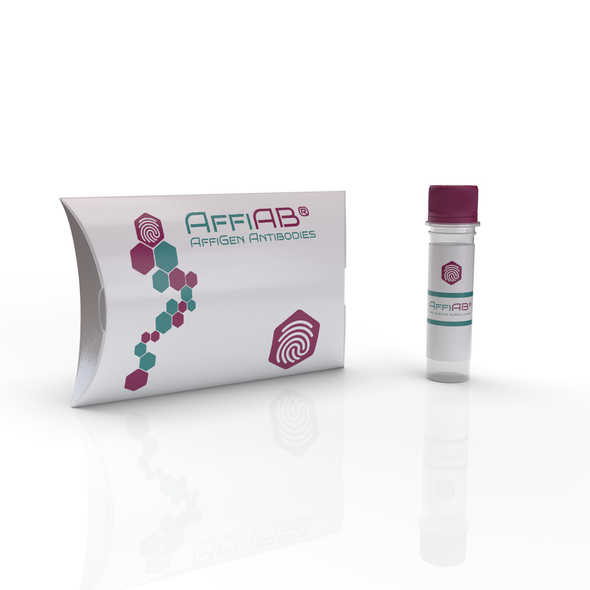AffiAB® Goat Anti-PDIA6 Polyclonal IgG Antibody
- SKU:
- AFG-AB-190
- Availability:
- 3 to 5 Days Shipment
- Size:
- 300 µg
- Concentration:
- 3 mg/ml
Description
AffiAB® Goat Anti-PDIA6 Polyclonal IgG Antibody is a reliable antibody for detection of diabetes-associated protein PDIA6. This antibody is highly specific and has been carefully validated for immunohistochemistry, flow cytometry, ELISA, and Western blotting. Research your findings with confidence using AffiAB®.
The AffiAB® Goat Anti-PDIA6 Polyclonal IgG Antibody is an antibody specifically designed to target and detect the PDIA6 protein. PDIA6, also known as Protein Disulfide Isomerase A6, is a member of the protein disulfide isomerase (PDI) family. It is involved in the folding and maturation of proteins by catalyzing the formation, breakage, and rearrangement of disulfide bonds.
This polyclonal antibody is produced by immunizing goats with purified PDIA6 protein or a specific peptide sequence derived from PDIA6. Following immunization, the antibody is purified from goat serum to ensure high specificity and quality.
The AffiAB® Goat Anti-PDIA6 Polyclonal IgG Antibody is widely used in research applications to study the expression, localization, and function of PDIA6 in various cellular processes. It allows researchers to investigate PDIA6's involvement in protein folding, endoplasmic reticulum (ER) stress response, and cellular redox regulation.
By targeting PDIA6, researchers can examine its expression levels, subcellular localization, and interactions with other proteins in different experimental systems. This antibody is commonly used in techniques such as Western blotting, immunohistochemistry, immunofluorescence, and immunoprecipitation, enabling the analysis of PDIA6 in different cellular contexts.
It's important to note that the AffiAB® Goat Anti-PDIA6 Polyclonal IgG Antibody specifically targets PDIA6 and may not cross-react with other proteins. Researchers should validate the antibody's performance and specificity in their specific experimental conditions and include proper controls.
In summary, the AffiAB® Goat Anti-PDIA6 Polyclonal IgG Antibody is a valuable tool for studying the PDIA6 protein and its role in protein folding, ER stress response, and cellular redox regulation. It provides researchers with the means to investigate PDIA6's functions in different cellular contexts, contributing to a better understanding of protein homeostasis and cellular stress responses






